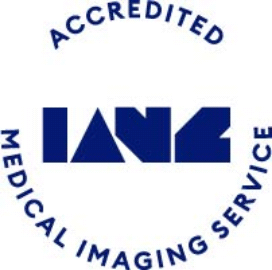Menu
Menu
Fluoroscopy procedures are designed to study moving parts of your body. There are many kinds of procedures, each designed to capture different kinds of images. Fluoroscopy uses a special type of x-ray that sends a continuous x-ray beam through parts of the body. This can be rotated to give a sequence of images that are projected on a fluorescent screen (similar to a TV). This automatic exposure system means fluoroscopic procedures are fast, accurate and comfortable.
Fluoroscopy procedures are also used to guide catheter insertion, lumbar punctures, injections into joints and biopsies.
These procedures are considered to be very safe, although can be uncomfortable, painful, or in fact entirely painless – it depends on the procedure.
When you make your appointment, our booking team will give you a rundown of everything you need to know about your particular procedure, including whether or not you’ll need to allow for recovery time. If you’re breastfeeding, or if there’s even a chance you may be pregnant, let us know. We’ll also ask you about the medications and supplements you’re taking, any recent medical procedures and if you’ve ever had a reaction to contrast dye or iodine previously.
Unless you’ve been asked not to, you should continue eating and drinking normally and take all your usual medications.
Please also remember to bring your completed doctors referral form with you, if this has not already been sent to us. This will ensure the branch reception has all the necessary information required so our expert team can provide you with the best care possible.
When you arrive, please check in with reception. We’ll make sure your details are correct and ask you to complete the appropriate forms.
You’ll be asked to take off glasses, jewellery, belts, hearing aids and hairpins and may also be required to change into a gown.
Depending on the type of procedure, you may need to drink a special liquid or have an IV injection. For fluoroscopy guided injections you may also need local anaesthesia. You’ll lie on a padded table and the radiographer will help position your body correctly. Once you’re all set, the radiographer will move behind a screen, where you can talk to them at any time over the intercom.
You’ll have to stay very still during your scan.
Depending on your scan, you may be able to get back to your day immediately. Other kinds of scan will mean you’ll need to allow time to recover. For example, any sedation will mean you can’t drive for at least 24 hours afterwards.
Fluoroscopy procedures may not be suitable for those:
• Who are pregnant
• With kidney failure or other kidney problems
• Who have recently had a barium procedure



© Copyright Auckland Radiology Services Group Ltd. All rights reserved.